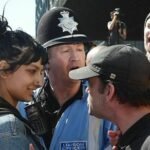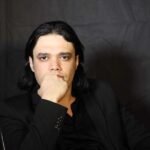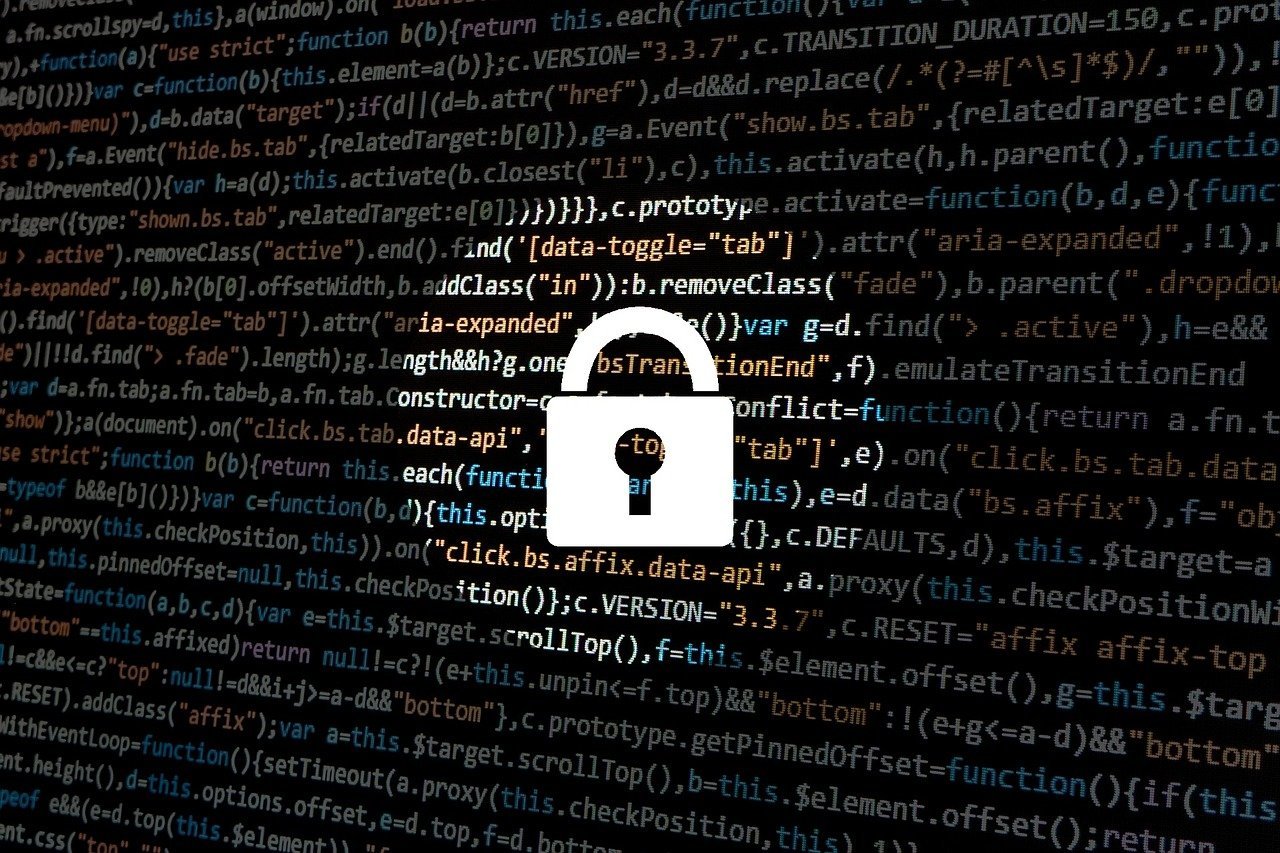Ashton P. Woods is a social and political activist in the Black Lives Matter movement as well as the co-chair of the Black Humanist Alliance. In this wide-ranging interview, we discussed the first moment of political and activist awakening for Ashton. We also looked into the tasks and responsibilities of being a co-chair and increasing the public knowledge of the black humanist community. Ashton is HIV-positive and an HIV activist. We discussed how he found out about his own HIV, the feelings that arose, and the difficulties associated with it. Also covered, were ways of coming to atheism in addition to his own experience of growing up ‘religion-less.’ Ashton explains his role as the founder and lead organiser of Black Lives Matter Houston. Finally, we close on the main initiatives and projects coming on the horizon, even into the long-term future with some references to the Sandra Bland Act.
Scott Douglas Jacobsen: So you’ve been an activist for a long time. I am curious to start things off with a little groundwork. What was your first moment of political and activist awakening?
Ashton P. Woods: My very first moment? It happened when I was 15. I co-founded the first gay-straight alliance at my high school in New Orleans. I got tired of seeing people being bullied for being different, not just LGBT, but different – period. That was my first action that burst me down the path I am on now.
SJ: Now, you’re the co-chair of the Black Humanist Alliance. What tasks and responsibilities come along with being the co-chair?
AW: As far as being the co-chair for me, we are not just organising black people as a monolith, but organising with the knowledge that black people come from different walks of life with some who happen to identify as a humanist or an atheist in the secular community. Because, obviously, we are not as visible, yet. There are more of us out there than people perceive there to be. One of the things that I do as a co-chair is I focus on social justice.
My work, in and of itself, fulfills the duties as the co-chair.
SJ: You were noting some of the difficulties. That is, not really being noticed in the public eye in terms of the black humanist community. What are some ways that are being pursued to overcome that barrier of public perception?
AW: To be honest with you; first, it is about being visible. The more people see you out there doing the work and identifying like they do, then they have a stake in the game. They have something to relate to. I have worked in activism. And it, in general, requires a certain level of relatability. That way, people are more inclined to be part of a movement or part of a project, and are willing to listen.
Because, “Hey, this isn’t churchy. This isn’t steeped in religion, and I see a place for myself here.” The conundrum is that in trying to be visible, make it so that we are visible within the atheist community as well. Because I went to the Nashville Nones! Convention in Nashville, Tennessee. And I could only count up to 10, maybe 15, black folks. What came of that, first of all, is it wasn’t on a weekend, so most people were at school or work. There’s also financial barriers.
So signing up and being part of those particular events, as well as my social justice work, and emphasising that there’s a place for the secular community in the Black Lives Matter movement, and feminism, and HIV activism. It can be tedious when it’s needed. For some reason, I never found it hard to do. I just do it, if that makes sense.
SJ: Yes, thank you for that. Also, you mentioned HIV activism. I do know that you’re HIV positive. When did you find out, what were the feelings that came up, and what have been some of the difficulties?
AW: Well, I was 21-years-old when I found out I was HIV positive. That would put it 2008. And I had never been educated a lot about HIV because I’ve been on my own since I was 16-years-old. Unfortunately, due to the fact that I founded the gay-straight alliance at my high school, things were very different back then. It was 1999. I was 17. Even though people are bigoted now, they were way more bigoted back then.
They were just more visible with it. Because of that, I was an LGBT youth. Deliberately, I went to community centres that were part of the LGBT community, and in the black community as well, and learned what I could learn because I had friends that died from it. So when I found out that I had HIV – of course, you can’t die from HIV, but you die from complications with AIDS, which should be noted – I found the biggest reaction was that I broke out in hives.
I didn’t want to be around people. I remember the conversations with friends, who are no longer here, that it is not a death sentence. Then it came about destigmatising HIV because HIV is safe. The black community, it is so disproportionate. It is hard to quantify, but I feel like it is not even quantifiable the amount of affect that it has. Even in 2017, or in 2008, people lack the common knowledge of how HIV works, and what it does to the body.
Also, the difference between HIV the virus and AIDS the syndrome. I feel like in doing this work we are going to talk about Black Lives Matter or any other types of black activism. We need to make sure we are including people who are living with this virus, and know that health is a main issue that should be discussed. So when we talk about, for example, Black Lives Matter, we say, “Black lives matter. Black health matters. Black women matter. Black LGBT people matter.”
You know? Things like that. As far as LGBT is concerned, it is not necessarily a blip in my life, but I came out in 2015 publicly and by the beginning of 2016 I was on the cover of an industry magazine that covers HIV issues, which was a very rapid rise in that context. But it is about knowing what is affecting your body. It is about knowing how it affects everybody else. Because it does not just affect the people that have it, it affects everybody around them as well.
And we need to come to a common place, where the stigma isn’t there anymore because there is a thing about it being nasty, about promiscuity. It is about these things that some people with HIV did not take part in. Some people with HIV were raped. There’s a lot. There’s a lot [Laughing] that needs to be unpackaged there with HIV. So that’s one of the things that I work on.
SJ: Also within the humanist community, there are many titles, which imply different forms of looking at the world.
AW: Right.
SJ: However, many humanists – or secular humanists with respect to the AHA – are atheists. You are an atheist. Generally, what I notice are two trends to becoming an atheist, one is a single moment. It is dramatic in some way. It is an argument that they come across. Or it is a disillusionment with traditional religious structures.
The second is a slow trend over time. Where, for instance, they may start off as a theist, become a deist, become an agnostic, maybe even a pantheist, and then end up as an atheist. For you, what was that development like for you, if indeed there was one away from a traditional belief system into atheism?
AW: Well, the irony is I don’t fit into either one of those boxes.
SJ: Oh [Laughing]!
AW: I, actually, grew up religion-less. It was around me. Others practiced it, but I was never forced to go to a church or forced to try to learn. I was offered, but it was never forced. I was left to make the choice on my own. I never really believed. By the time I was 10- or 11-years-old, I was like, “This isn’t real to me. I don’t believe in this.” As an adult, I did try to join a church to try to understand. I feel like I did what Anne Rice did, loosely.
I joined a church just to see what it was like, and to see if I could deal with it, and to see if I could believe in it. But no—it was, no. It just didn’t work. It’s not that I didn’t have any respect for the people because there are some good people there. But this is not who I am; it’s not who I am. I never experience agnosticism. There was just never any God for me.
SJ: As a last question while being mindful of time, you are the co-founder and lead organiser of Black Lives Matter Houston.
AW: That’s correct.
SJ: What are some of its main initiatives at the moment? What are you hoping to achieve in the next 1- to 10-year horizon – kind of big projects?
AW: Right now, I am not looking at 10 years. There is a long-range plan. The long-range plan is legal, and policy. What we decided to do, or what I’ve decided to do, as my part in the Black Lives Matter movement is to affect policy. One of that things that I have been good at is working with elected officials to change laws and policies. So I’ve been at the Texas legislature helping to look at language in bills.
I am helping to support bills by testifying on panels and meeting with elected officials to convince them to vote for particular bills. For example, there are bills that on the floor right now. I am actually on a committee in the Texas legislature. These bills, basically, abolish the ability for police to arrest you on misdemeanour charges if it’s not like a [Laughing] crime when someone is drawing blood – if you know what I mean.
There’s also victimless crime. You get a citation and then go. I’ve also been involved with the Sandra Bland Act. I was very involved in protests, planning protests, around Sandra Bland, even being a part of planning the protests in Phoenix at the Netroots Nation. It was with Sanders and Governor O’Malley. So it is part protest and part policy in the context, you know. I go and walk the halls of city hall or walk the halls of the state legislature, even taking part in being a political consultant on an individual level by working for some candidates that I think will be best on those positions.
Let’s just say, I haven’t lost a race yet [Laughing].
SJ: [Laughing].
AW: Yea, it’s about policy. Working on the Sandra Bland Act, which is 55 pages long, I’m not going to go into it. But it, basically, makes it so that the officer has to prove probable cause. That’s what these bills are for. It is one thing to protest in the streets; it is another thing to expand that protest to incorporating the piece where you’re actually engaging in the political process.
While we would love to dismantle this system of pain, we are still in it. It will take some time. So you have to change some things. It doesn’t require you assimilating what is in the system that you don’t like, but it does mean that you work with some folks. As the old mentor that I have will say, “It’s about policy, and it’s also about one of the other things we should be doing, health.” It is interesting that you brought up the question around HIV.
Because we are going to be doing some health education around HIV and some other issues, and health in the black community as well.
SJ: Thank you very much for your time.








Article Discussion